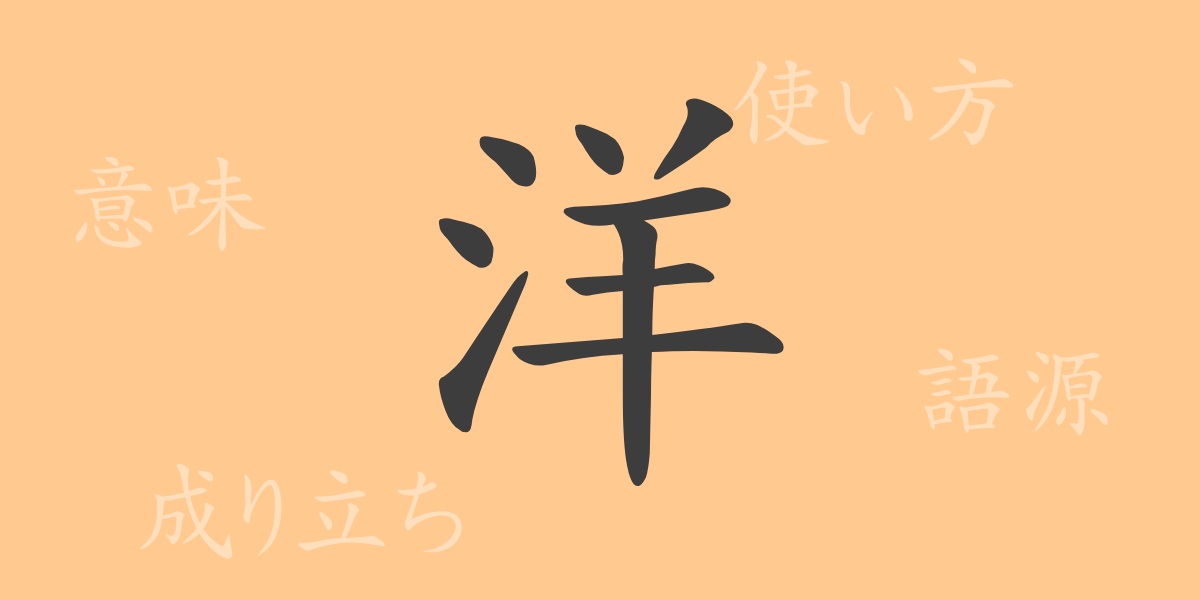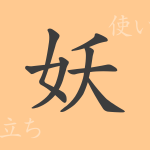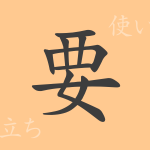Across the seas, Japan embraces cultures and influences. One of the symbols of this acceptance is the kanji (Chinese character) “洋” (よう, you). This single character encompasses a rich history and meanings, from the introduction of Western culture to Japan’s unique Western-style transformations. In this article, we delve into the hidden background of the 常用漢字 (じょうようかんじ, jouyou kanji) “洋” (よう, you) and its integration into the daily lives of the Japanese people.
The Origin of 洋 (よう, you)
The kanji “洋” (よう, you) was originally used in ancient China to mean “a vast ocean.” Tracing its etymology, it is composed of “氵” (さんずい, sanzui), which means water, and “羊” (よう, you), which means sheep. This combination is said to depict “a vast water surface spreading out like a flock of sheep.” Over time, in Japan, “洋” (よう, you) came to refer to Western culture and overseas in general.
The Meaning and Usage of 洋 (よう, you)
“洋” (よう, you) has a wide range of meanings, starting from “ocean,” to “Western” as in “Western culture,” and “foreign” in general. In Japan, it is predominantly used to signify “Western” things, such as 洋服 (ようふく, youfuku) meaning Western-style clothing, 洋食 (ようしょく, youshoku) meaning Western food, and 洋画 (ようが, youga) meaning Western movies.
Reading, Stroke Count, and Radical of 洋 (よう, you)
Here is the basic information about the kanji “洋” (よう, you):
- Reading: The 音読み (おんよみ, onyomi) is “ヨウ” (よう, you). There is no 訓読み (くんよみ, kunyomi).
- Stroke Count: It has a total of 9 strokes.
- Radical: The radical is “氵” (さんずい, sanzui).
Idioms, Proverbs, and Phrases with 洋 (よう, you)
There are numerous idioms, proverbs, and phrases in Japanese that include “洋” (よう, you). For instance, “洋々” (ようよう, youyou) signifies a vast and expansive state, while “洋服” (ようふく, youfuku) means Western-style clothing. “洋学” (ようがく, yougaku) refers to Western studies, and “洋風” (ようふう, youfuu) means Western-style. The expression “洋の東西を問わず” (ようのとうざいをとわず, you no touzai wo towazu) means “regardless of East or West,” indicating something that is not limited by country or region.
Conclusion about 洋 (よう, you)
The kanji “洋” (よう, you) carries an expansive meaning, as indicated by its form, and is deeply rooted in the lives of the Japanese people. With the introduction of Western culture, this kanji has become widely used and has evolved into a unique aspect of Japanese culture. In various aspects such as clothing, cuisine, and architecture, the diversity and fusion signified by “洋” (よう, you) will continue to add new colors to our lives.
“`
This translation maintains the original structure and includes the necessary kanji readings in parentheses for better understanding and SEO optimization.

























